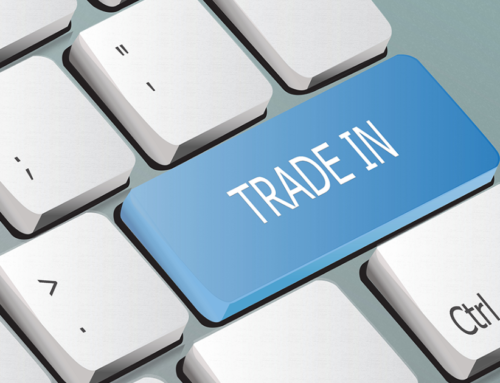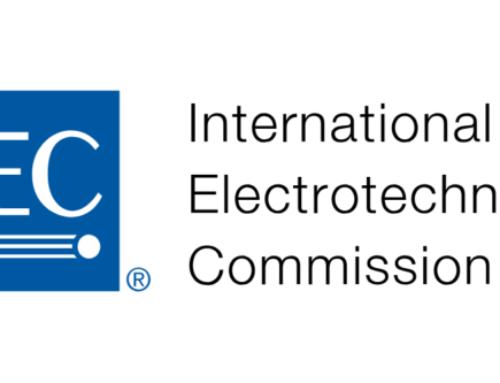On 25 March 2022, the State Administration for Market Regulation (SAMR) issued the Notice on Carrying out Online Research on National Professional Standardisation Technical Committees (hereinafter referred to as the Research). In accordance with the requirements of the Outline for the Development of National Standardisation, the Research is aimed at collecting information regarding the work of Technical Committees (TCs), good practices, as well as opinions and comments through an online survey. The survey was closed on 8 April 2022.
The survey contains three major subjects: (i) work on domestic standardisation, (ii) international standardisation, and (iii) capacity building/management. Each subject is entailed with various specific questions. The following is a summary of the most relevant aspects of the survey for our stakeholders:
- Domestic standardisation.
- Formulation and revision of the standards. Thesurvey in this part is designed to provide to SAMR a general view of TCs’ work in domestic standardisation Specifically, the survey raises questions regarding the priority arrangement of standards development, the interaction with scientific achievements, stakeholder engagement (i.e. private enterprise and foreign-funded enterprise), and the collection of standards requirement.
- Formulation of key standards. The survey intends to map key standards formulated since 2018, especially those in support of national strategies or being referred to by policies or regulations.
- Standards promotion. Apart from standardisation development, TCs are also responsible for the promotion of standards that they developed. Thus, as part of the survey, there are a series of questions related to TCs’ work on standards promotion, including standards promotion on social media/websites, online courses, good practices and the follow-up.
- International standardisation. The survey focuses on the TCs’ participation in international standardisation. At the same time, TCs were encouraged to elaborate on the challenges they face while facilitating the integrated development of international domestic standardisation. They were also required to provide comments/advice to facilitate the development.
- Capacity building and management. Since wider participation in standards development of stakeholders of all kinds is encouraged by the administration, the survey, therefore, included questions about the efforts of TCs in this regard. Other than that, TCs were also encouraged to report the situation in terms of the membership management, work evaluation, establishment of connection systems across various TCs, skills training, subcommittee management, and other relevant difficulties.




